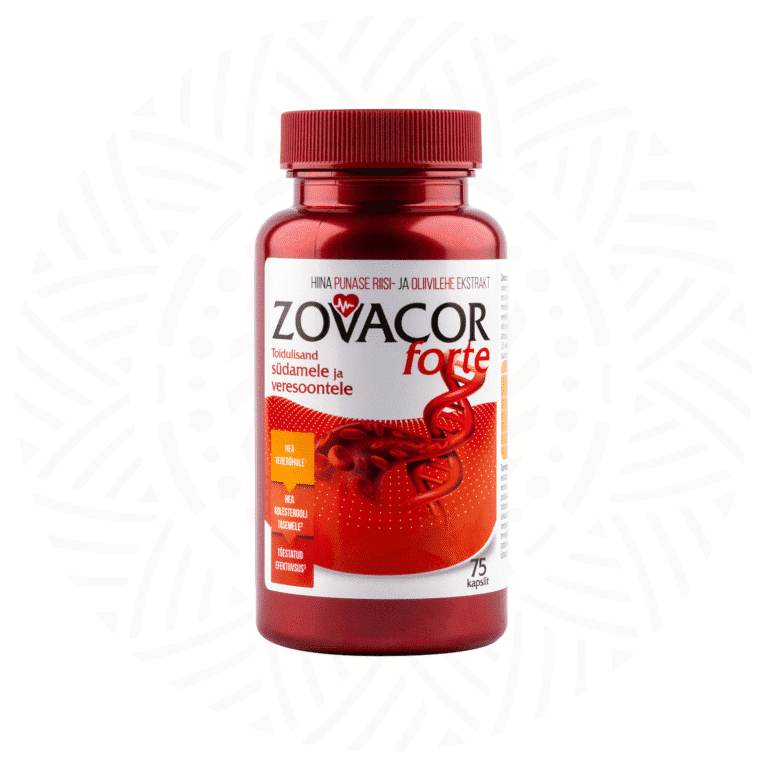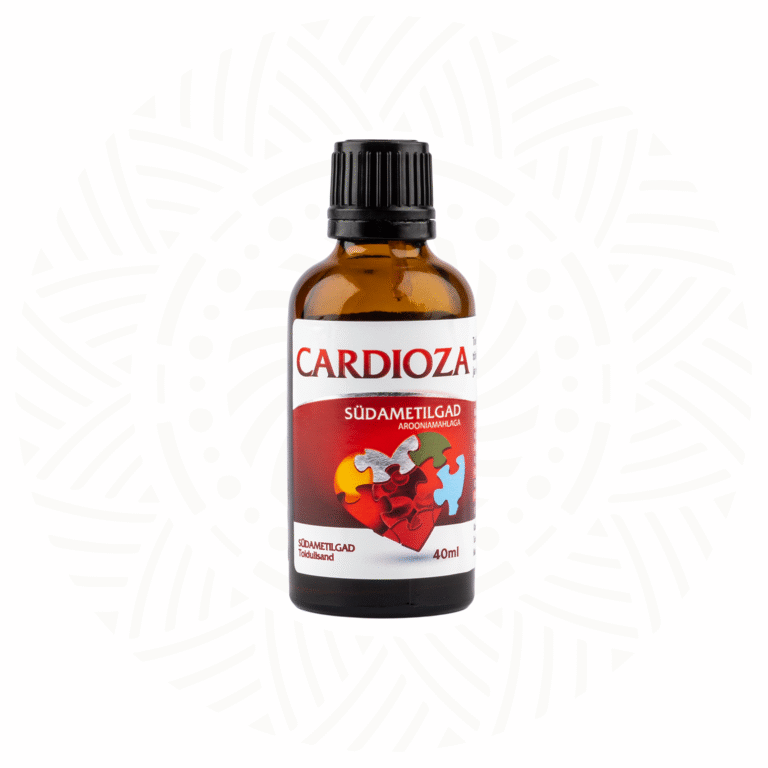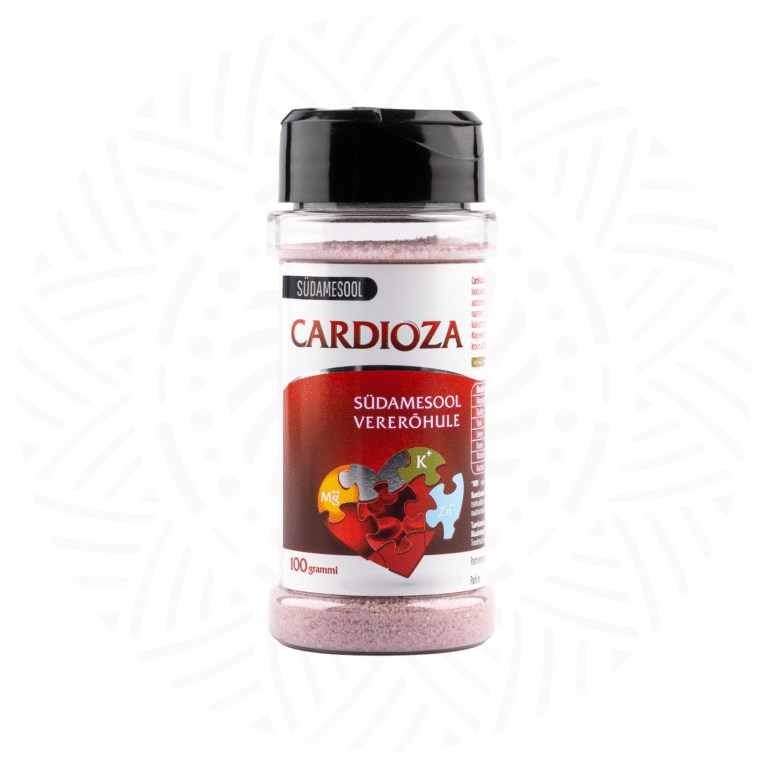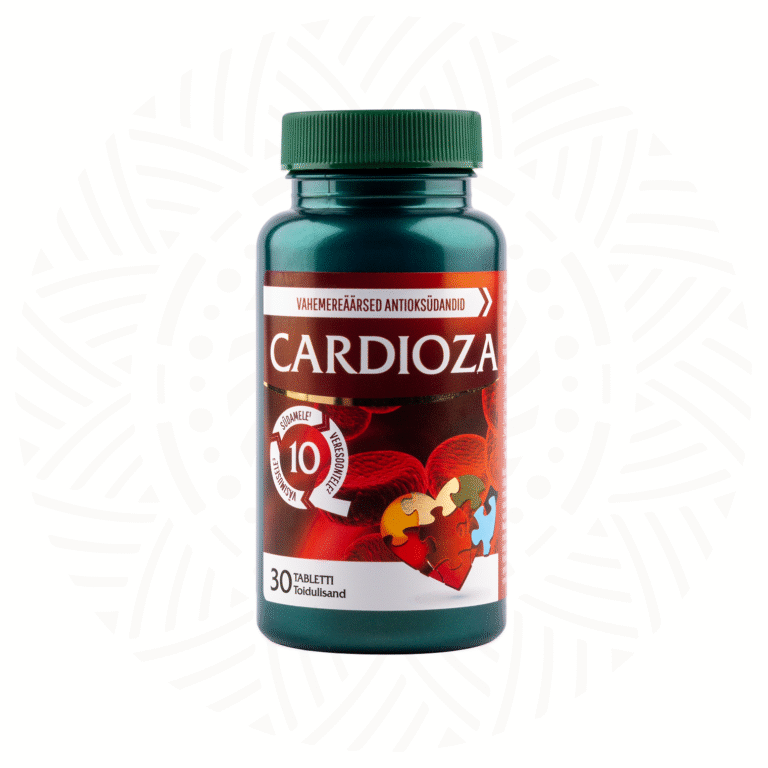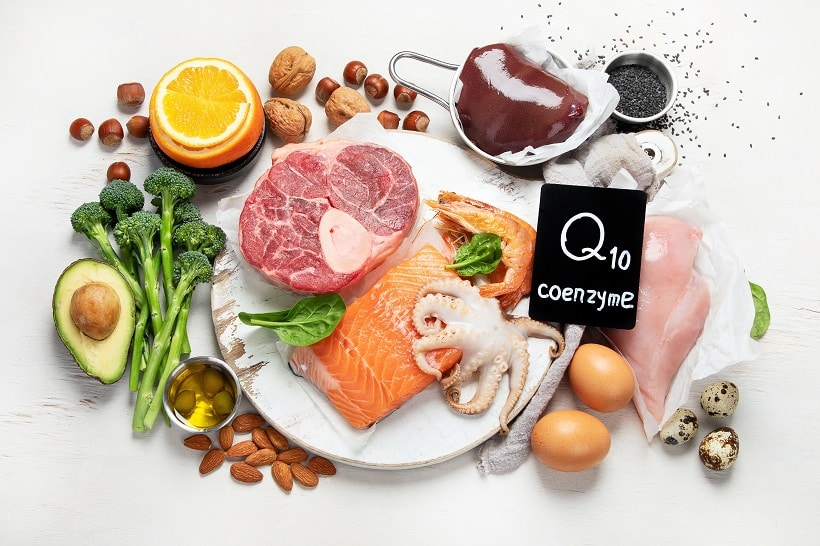Salt is the oldest seasoning in human history, with sources indicating its production as early as 4,000 BC. Salt was also the first product mentioned in trade with neighboring nations. Composed of sodium (40%) and chloride (60%), scientifically known as sodium chloride or commonly referred to as table salt, it has been one of the most important natural seasonings in human development for millennia.
The introduction of salt played a crucial role in the cultural and intellectual advancement of humanity, as it enabled food to be preserved for longer periods. This, in turn, allowed people more time for other activities, as they no longer had to procure fresh food daily. For a long time, salt was primarily accessible to the wealthy and was an essential remedy used by healers and physicians to treat various health issues. It was only in the last century that salt became a staple on the everyday dining table of ordinary people.
Salt is essential for our body to:
- Regulate the water balance between blood and tissue cells;
- Maintain the body’s acid-base balance;
- Ensure the transmission of nerve impulses throughout the body.
Long-term sodium chloride deficiency is uncommon today since our daily diet generally contains more salt than the body actually needs. Nowadays, the concern is more about excessive salt consumption. Depending on individual characteristics, our daily salt requirement is 3-5g, approximately one heaped teaspoon.
Unfortunately, our daily diet contains significantly more salt. Excessive salt intake, meaning more than 6g (about 2400 mg of sodium) per day, burdens the body and is one of the most common causes of various health problems in the long run.
The most significant consequences of excessive salt intake include:
- Increased blood pressure
- Increased strain on the kidneys, which can promote kidney stone formation
- Excessive excretion of water and potassium through urine
- Disrupted normal water exchange between blood and tissue cells (edema)
To prevent health issues caused by excessive salt consumption, it is essential to monitor the amount of salt consumed in food. Since all ready-made and processed foods contain salt, it is easier to regulate its intake by preparing food from raw ingredients and avoiding high-salt snacks.
Lovers of salty foods should be aware that their preference for salty dishes may lead to a deficiency of another essential mineral, potassium, as sodium chloride flushes potassium out of the body. Potassium is crucial for vascular health as it helps relax blood vessel walls. Additionally, potassium aids in the removal of excess sodium and water from the body. From the perspective of heart and vascular health, potassium is essential as it reduces the negative effects of oxidative stress.
To maintain a balance between sodium and potassium, a person should eat three bananas for every teaspoon of table salt consumed. This combination helps mitigate excessive sodium intake and the resulting potassium deficiency. If consuming such a large number of bananas seems unrealistic, salt enriched with potassium and other heart- and vascular-supporting minerals is the best and simplest solution to prevent health problems associated with salt consumption.
